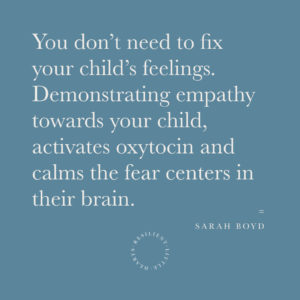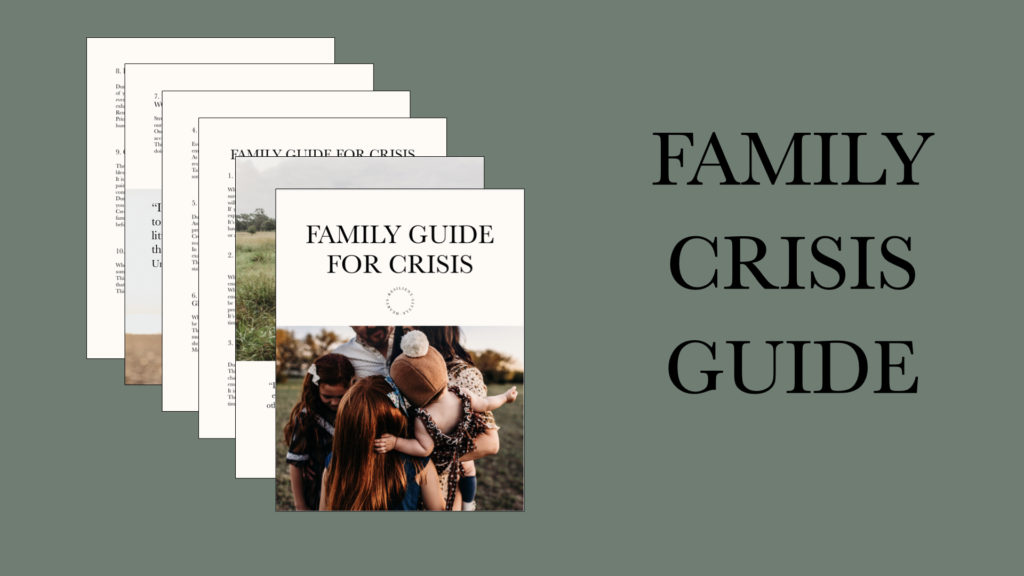5 Proven Ways To Build Resilience In Your Child
Parenting During A Major Change Or Crisis
We are currently living in unusual times, with schools closing & restrictions on gathering together in groups. Our current climate is causing a significant amount of fear for many people.
Navigating major change or crisis requires a different approach than our ‘normal life’.
There is significantly more uncertainty & heightened emotions, & therefore it takes more effort just to get through the basic tasks of life.
It takes time and space to adjust to our new normal.
How we navigate our children through a major change or crisis, has a big impact on their experience of the event.
Our stable & empathetic presence can be the anchor that carries our children through turbulent times.
PARENTING DURING A MAJOR CHANGE OR CRISIS
When there is a change in a child’s world, it’s important that it’s openly addressed.
Unless your child is an adolescent, they don’t need to be aware of the ‘world situation’. All that matters is what is going on in their own world.
It is your job as the parent of a child, to be the leader in the relationship.
Anxiety thrives in the gap of uncertainty, so provide as much certainty as possible for your child.
This isn’t about ‘faking it’ but making the focus of the conversation what you do know & understand.
Change is disruptive & crisis is unsettling.
It is normal for every family member to have feelings about the changes. It’s not your job to fix your child’s feelings.
Allow them the space to feel how they do, & be a safe empathetic relationship for them to express their feelings.
It is heartbreaking to see your child in pain, especially when you cannot fix the situation for them. But remember that being an empathetic relationship for them does reduce their stress & anxiety response.

During change or crisis, normal life & routines disappear. This only adds further stress to the family.
Not only do children find security in predictable routines, but having a daily plan gives you certainty as a parent.
We’ve created a free download of daily & weekly visual routine charts for you to use with your children during times of change or crisis. For visual routine charts, click here
During a change or crisis, our brain is working over-time to process life. Things that were automatic before, now require intentional thought. This is especially true when events are emotionally upsetting.
You are not going to be your “best self” & neither are your children.
Change or crisis is not a time to hold yourself to a standard of perfection. Remember that everyone is doing the very best that they can.
Many times we can assume that our children are feeling a certain way, when it’s actually just a projection of our own feelings.
Take a moment to yourself & check in with how you are feeling.
Being aware of your own emotions & looking after yourself is just as important as looking after everyone else.
Resilience is built in the gap between stress & recovery.
Change & crisis places major stress on us mentally & emotionally, so these are the times we need to intentionally step up our recovery.
Grounding activities could include: getting outside, exercise, sunshine, taking a warm bath/shower, reading books, watching your favorite movies, meditation or prayer.
Keep an open conversation with your child about the change or crisis, rather than just a one-off conversation.
Some children are very open about their feelings & share without being asked, but many others need to be asked if they are feeling ok.
Don’t assume because your child doesn’t look visibly upset that they’re not still processing things. Major changes take time to adjust to a new normal.
When you are dealing with a change or crisis that is playing out in the media, it’s important that you take intentional control of your own home environment.
Although it’s important to stay aware of current updates, you do not need these updates on a minute by minute basis, & your children certainly do not.
If you are raising older children & adolescents who have access to media, have conversations with them about not obsessively checking the news, but having a healthy balance.
Navigating children through a major life change or crisis is not an easy task.
There will be more family bickering & tears, & moments where you feel like you are failing.
But your stable presence in the life of your child will be the anchor that will carry them through turbulent times.













